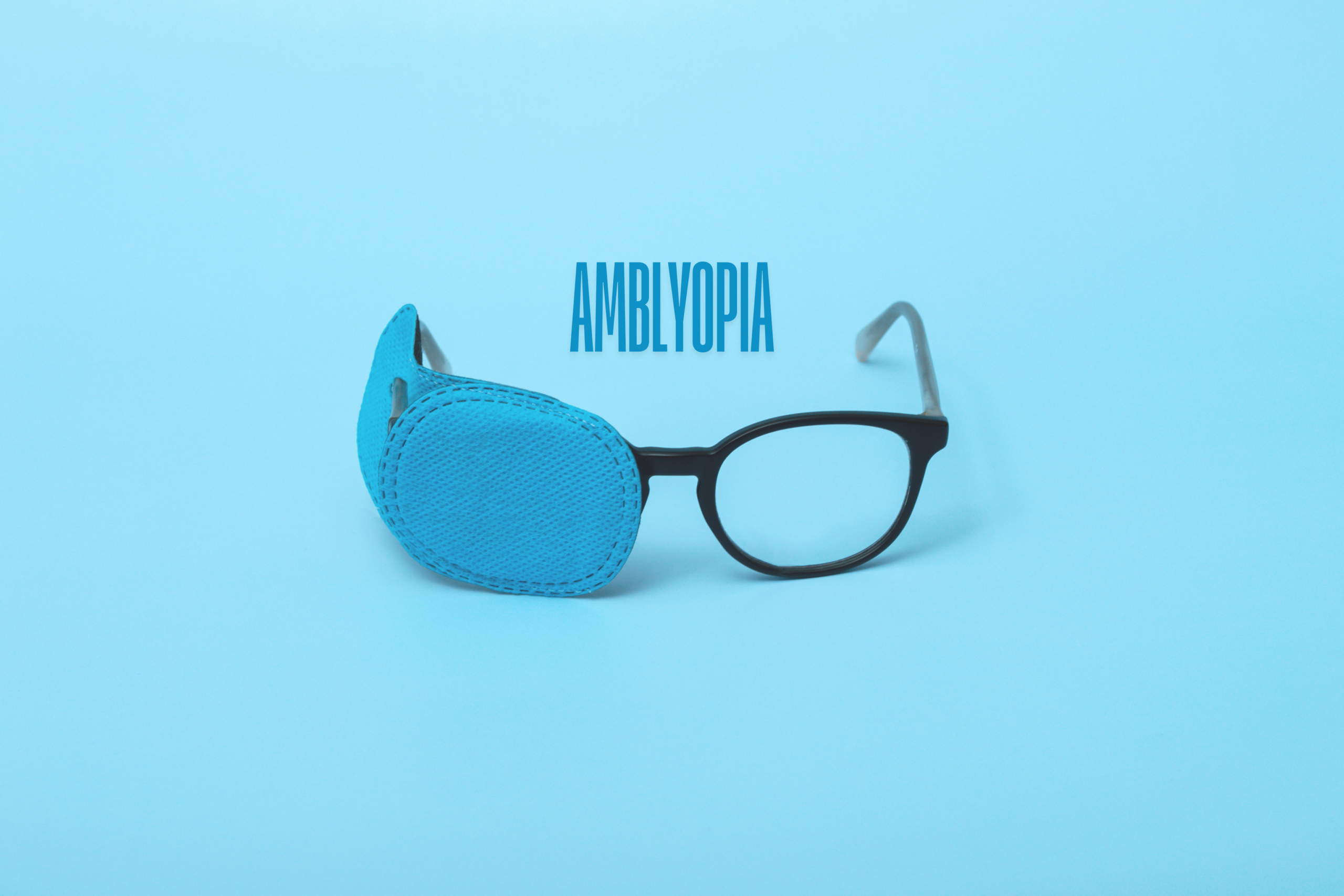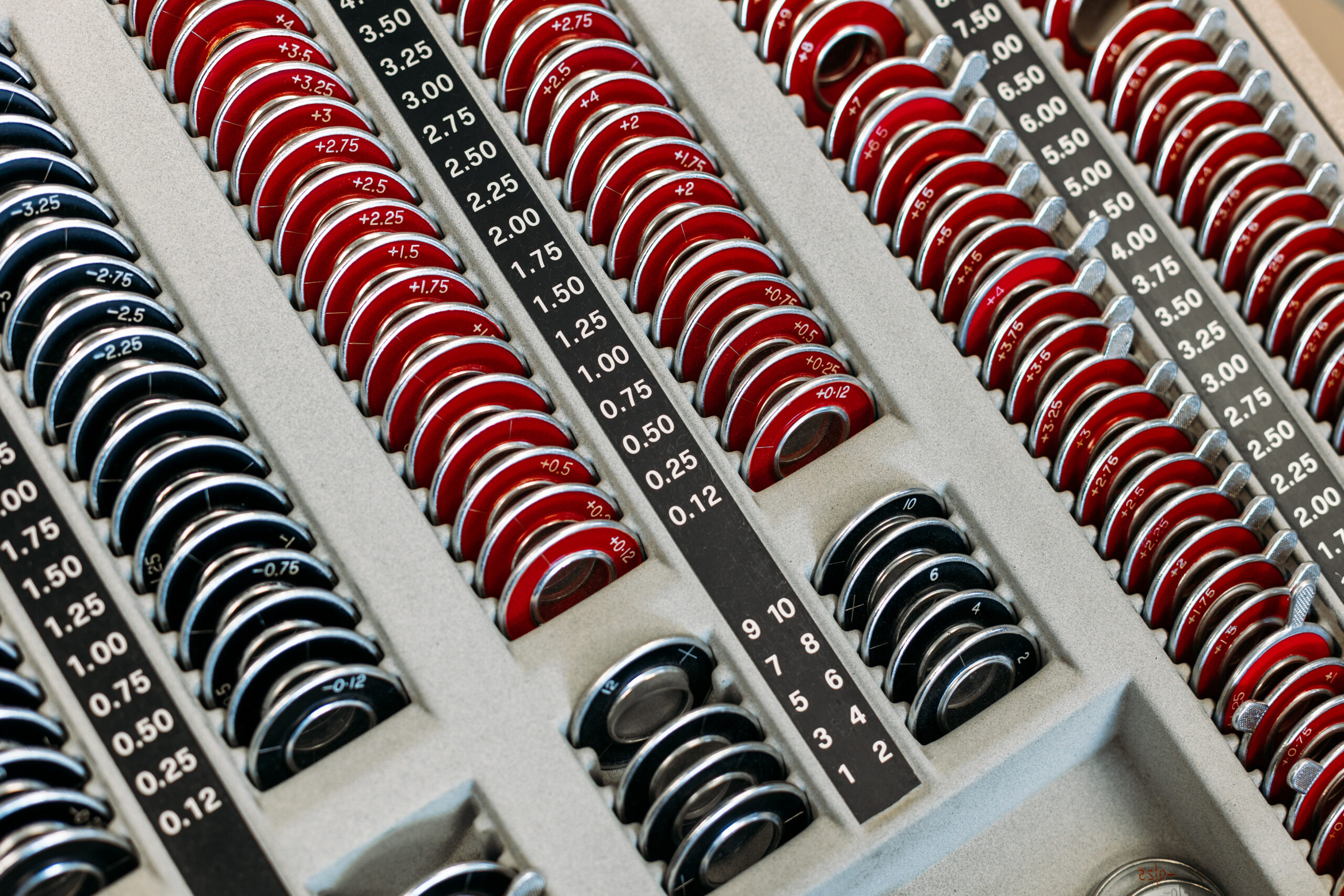
Wellington Eye Centre Optometrist
Eye twitching is very common, but the first time it happens it feels super strange!
The twitch occurs when one of the muscles in your eyelid spasms. A spasm is an intense contraction of a muscle, one you can’t control. It feels like a massive movement, but often others can’t see it happening. This common eyelid twitch is called Myokymia, and it can affect the top eyelid or the lower eyelid.
These twitches tend to go away after a while, very rarely lasting more than an hour. But they can come back, later in the day or week. In small doses, they are strange and a bit funny, but persistent myokymia is tiring and frustrating. Much like if you had a case of hiccups that just didn’t go away.
What causes an eyelid twitch?
There are a few things that can cause this twitch, and there could be a combination of factors.
Fatigue
The muscles in the eyelid can fatigue very quickly. So, if you are tired in general, the eyelid muscles could be one of the parts of your body to first show the signs. Aim for 6 – 7 hours a night. Sleep is super important for lots of eye-related functions.
Eye Strain
If you are overworking your eyes, staring at a screen for long stretches of time, you are also overworking your eyelids. And if you are squinting or straining to see, you will most likely be tensing the muscles in your eyelids, brow, and neck to try and improve your vision.
To reduce eye strain, check that your spectacles or contact lenses are up to date, make sure your work or home desks are set up properly, and try taking regular breaks from the computer screen. Eye strain is very common so it’s important to make healthy screen habits to avoid digital eye strain.
Dry Eyes or Allergies
If the front surface of your eyes gets irritated or dry, the brain sends signals to your eyelids to increase their blinking rate. Blinking helps remove foreign particles and irritants and it also stimulates the release and production of more tears. But if too much blinking occurs, or the eyelids get swollen, the muscles in the eyelids can fatigue. Fatigued muscles can cause Myokymia.
Any irritation to the surface of the eyes can stimulate and increase the blink reflex, which can lead to Myokymia. Irritants could be things like pollen, dust, strong chemical smells even perfume. Dry Eye Disease is when the front surface of the eye is so dry, it is actually swollen and rough, causing the eye to be irritated and sore.
Caffeine
Too much caffeine can cause myokymia, but sometimes rapidly decreasing your caffeine intake can lead to the same twitch! A small dose of caffeine can help relax your eyelid muscles by increasing blood flow. Much in the same way as a small dose of caffeine can help some people with migraines and headaches.

Diet
Certain nutrients are more important for muscle health and well-being than others. It’s possible your twitch is due to a lack of Magnesium or Potassium in your diet. Before considering supplementing your diet, read this helpful information from Health Navigator NZ on Magnesium supplements and Potassium supplements.
Alcohol and Tobacco
Both alcohol and smoking tobacco affect our muscles. Alcohol relaxes all the muscles; tobacco relaxes just the longer skeletal muscles and increases the heart rate. Both these situations lead to the eyelid muscles being fatigued – which can lead to twitching. Interested in how alcohol affects other parts of the eye and our vision? Head over to one of our recent blogs.
Stress
Stress is a common underlying cause of many medical conditions. When we are stressed or suffering from anxiety, our body releases more neurotransmitters, ones that stimulate the muscles. Anxiety can add to this, as during intense anxiety attacks we often hyperventilate, which alters the balance of ions and acid in our bodies, making muscle twitching more likely.
How do you get get rid of an eyelid twitch?
The best way to get rid of the twitch is to rest and eliminate/reduce the suspected cause.
A warm compress gently placed across the closed eyes can help, as it relaxes the muscles and can reduce swelling. If you are prone to allergies, try an antihistamine. But in general, rest, avoid excessive visual tasks (like screen work, TV, scrolling on your phone) have a nap, or go to bed early.
On very rare occasions you can’t resolve it yourself, talk to your GP, it may be a sign you need more help to reduce your stress levels, or there may be an underlying medical condition.

Other eyelid twitches
There are more serious, but less common twitches that can involve your eyelids.
Benign essential Blepharospasm; where there is an increased blinking of both eyes and can cause light sensitivity and can lead to both eyes being squeezed shut.
Hemifacial spasm; where the muscles that are twitching are in one side of the face, including the eyelids. The twitching can start in one spot and then spread.
Muscle twitches in other parts of the body
It’s not uncommon to have twitches in other parts of the body. The eyelids have small muscles, but some of the larger muscles in our arms, legs, and on our back twitch due to different stimuli. Check out this link for more information on general muscle twitches.
If you’d like to learn about laser eye surgery then check out our other blogs about LASIK or SMILE surgeries. You can also book a free assessment or call us on 0800 733 327 for more information.

Amblyopia and Laser Eye Surgery

Marijuana’s effect on the eyes

Festive Season and Your Eyes

Vitamins For Good Eye Health and Vision

Do you need to have eye exams after laser eye surgery?

Common Medications Used in Laser Eye Surgery

Amblyopia and Laser Eye Surgery

Meet The Team at the Wellington Eye Centre

How Much Does Laser Eye Surgery Cost in 2025?

